Renault Group UK’s announcement that it will cut its car dealership network by around 20% by the end of 2025 is a logical move, according to industry experts.
The French manufacturer is expected to shrink its 144-site retail network, which represents Renault, Dacia and Alpine, down to about 115, with a focus on reducing the number of partners it deals with and ensuring profitability for those that remain.
But its actions have come as little surprise to those who have been watching the steady trend of OEMs that have been issuing termination notices to their dealers and rationalising their networks over the last 12 to 18 months, writes Alex Wright.
Renault Group UK’s announcement that it will cut its car dealership network by around 20% by the end of 2025 is a logical move, according to industry experts.
The French manufacturer is expected to shrink its 144-site retail network, which represents Renault, Dacia and Alpine, down to about 115, with a focus on reducing the number of partners it deals with and ensuring profitability for those that remain.
But its actions have come as little surprise to those who have been watching the steady trend of OEMs that have been issuing termination notices to their dealers and rationalising their networks over the last 12 to 18 months, writes Alex Wright.
“Renault is basically rationalising into a more efficient structure where it has to deal with fewer franchisees,” said Professor Jim Saker, director of the Centre for Automotive Management at Loughborough University’s business school and president of the Institute of the Motor Industry.
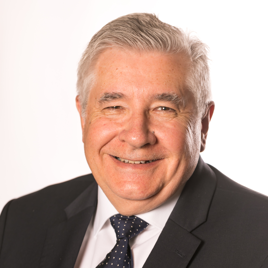 “In the grand scheme of things, it’s not unexpected, and I suspect one or two others will be following suit.
“In the grand scheme of things, it’s not unexpected, and I suspect one or two others will be following suit.
“Its distribution network has grown fairly flabby over the last few years and it was in need of an overhaul.
The main contributor to that was the issue with Renault and Nissan, where they had joint sites for several years but then they fell out and the network ended up in a bit of a mess, where some of the sites were owned by Renault and some weren’t.”
Saker (pictured above right) said that the biggest cuts were likely to be in Scotland, where Renault had previously been the No.1 brand for several years and had huge penetration, being sold predominantly through Arnold Clark. It was a similar situation in terms of reductions in Northern Ireland, he said. 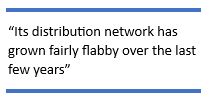
David Kendrick, chief executive and corporate finance partner at UHY Hacker Young Manchester, said: “Renault is looking to consolidate some of its smaller locations into more central ones.
"But while it is clearly looking to reduce its number of vehicle representation points from a vehicle hand-over and new car sales perspective, it may end up actually having larger facilities at the end of the process.”
Staying with the franchise model
Unlike carmakers Mercedez-Benz, Stellantis and Volkswagen Group, which are reshaping their physical showroom networks as they introduce agency contracts and sell new cars direct to consumers, Renault is sticking to the franchise model, so it needs to make sure that its networks grow profitably in order to remain sustainable in the long-term.
Despite the announced terminations, it also wants to ensure that its nearest dealer is no more than a 45-minute drive from the customer.
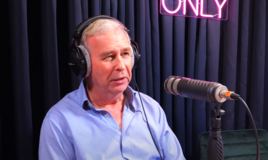 Steve Young, managing director of the ICDP (pictured), said that his organisation last year had carried out some research into the impact on journey times of halving the number of dealers in a typical network.
Steve Young, managing director of the ICDP (pictured), said that his organisation last year had carried out some research into the impact on journey times of halving the number of dealers in a typical network.
The result, he said, was that they were increased by an average of four minutes.
“That’s the equivalent of coming across one unexpected set of roadworks on your journey,” said Young. “It’s still inconvenient for the customer and may mean a change in route to visit another dealer which may now be nearer, but most people won’t be that affected.”
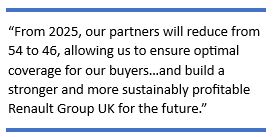 Moving forward, Young said those dealers that have been issued with termination notices will have the straight choice between selling their sites or bringing in another manufacturer.
Moving forward, Young said those dealers that have been issued with termination notices will have the straight choice between selling their sites or bringing in another manufacturer.
Given that most traditional OEMs have been rationalising and consolidating their networks, he said that the most likely candidates for this were Chinese carmakers or the likes of Tesla, which are looking to expand within the UK.
“Those dealers that have been terminated are likely to either pick up another brand or sell the site for development,” said Young.
“Telsa has already picked up a few ex-dealer sites across the UK and turned them into Tesla Centres, while Chinese brands are looking for traditional large retail sales sites.”
A Renault spokesman said: “In our first major change to Renault Group UK’s dealer network since 2012, we have adjusted our sales site coverage to ensure the best possible, consistent, experience for our customers, optimise our performance and provide a positive business relationship for our partners.
"From 2025, our partners will reduce from 54 to 46, allowing us to ensure optimal coverage for our buyers – 96% of whom will now be within 45 minutes of a sale site, and build a stronger and more sustainably profitable Renault Group UK for the future.”
Continuing trend
The reduction in dealerships is nothing new for Renault. In 2012, the manufacturer slashed its UK dealerships from 190 to less than 140 because half of its retailers were making a loss. And earlier this year, Luca de Meo, CEO of Renault Group, said that changes were afoot.
In June, Jaguar Land Rover confirmed it will be reducing the number of dealers that represent its brands as part of its transformation plans. Last July, Nissan announced plans to cut its dealer network from around 165 to 140 to meet ever-changing industry challenges and build a more sustainable business.
In May 2021, Stellantis issued all of its UK and European franchised car retail partners with two-year termination notices as part of a reorganisation of its distribution networks ahead of the introduction of new Block Exemption Rules.
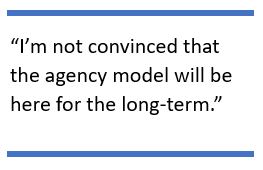 The year before, Ford outlined plans to close almost half of its 400 UK franchised car retail sites by 2025 in order to build a stronger and more sustainably profitable sales and servicing network.
The year before, Ford outlined plans to close almost half of its 400 UK franchised car retail sites by 2025 in order to build a stronger and more sustainably profitable sales and servicing network.
Many OEMs are also cutting the number of partner dealer groups that they work with as they move towards the agency model. From 2025, Renault said that it will reduce its partner numbers from 54 to 46. Mercedes also trimmed its number of partners to 20 before switching to agency sales.
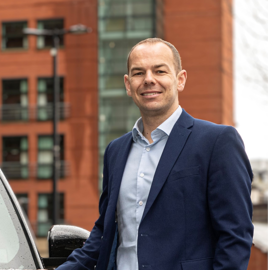 But Kendrick (pictured) is sceptical about the viability of going down the agency route.
But Kendrick (pictured) is sceptical about the viability of going down the agency route.
For that model to work, he said that because their profit margins will be cut and they still have the same overheads to pay, dealers will have to sell more cars – something which De Meo also views as risky.
“I’m not convinced that the agency model will be here for the long-term,” said Kendrick. “There’s much unrest out there at the moment and, ultimately, the consumer will decide whether they like this approach or not, but the feedback I’m hearing from those that have adopted it so far hasn’t been great.”
Login to continue reading
Or register with AM-online to keep up to date with the latest UK automotive retail industry news and insight.

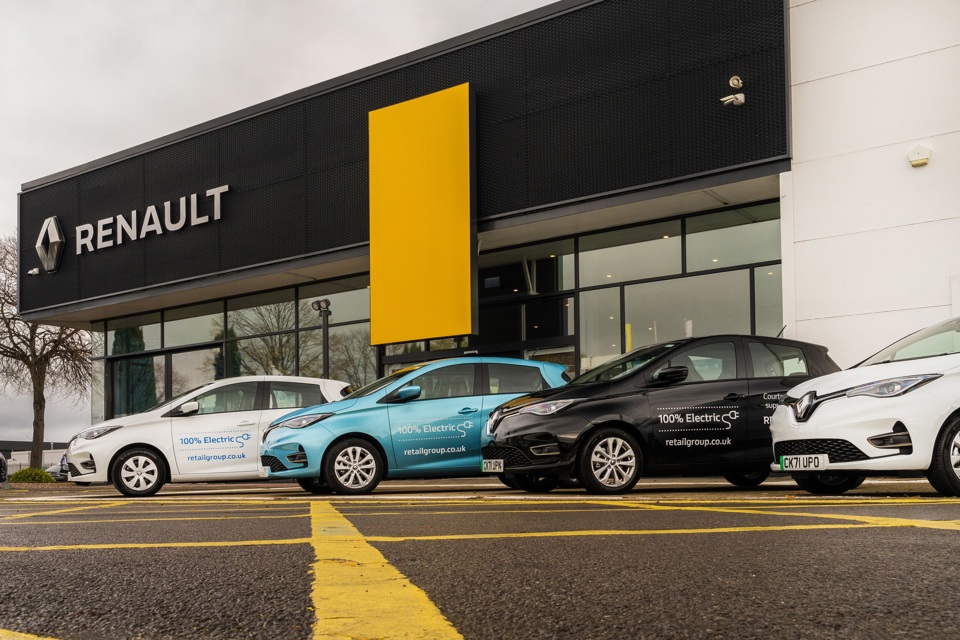

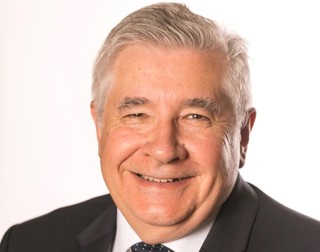

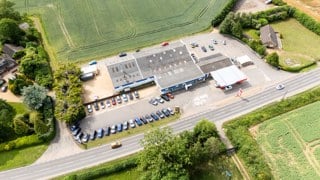













Login to comment
Comments
No comments have been made yet.